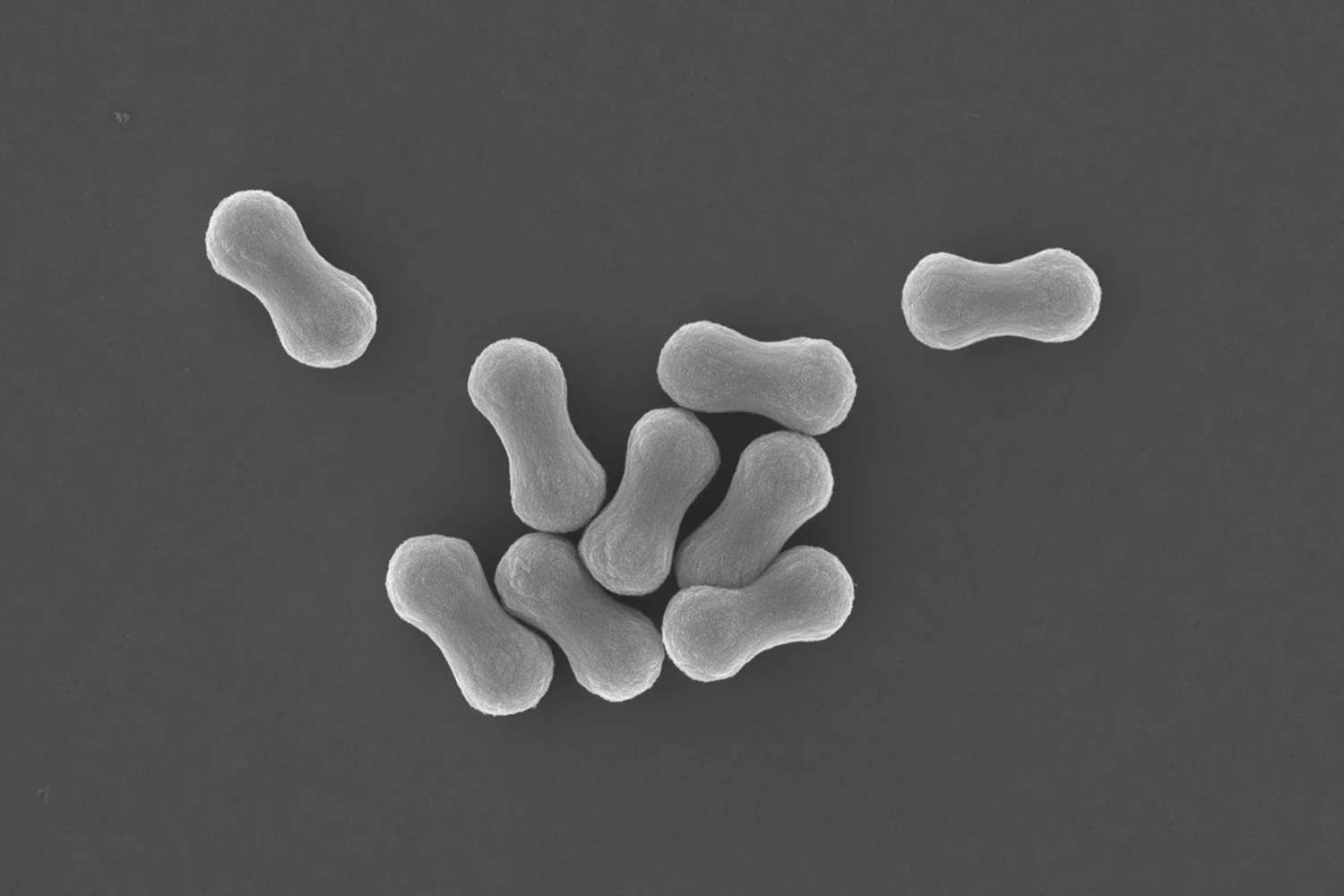Autonomous response mechanisms are vital to the survival of living organisms and play a key role in both biological function and independent behaviour. The design of artificial life, such as neural networks that model the human brain and robotic devices that can perform complex tasks, relies on programmed intelligence so that responses to stimuli are possible. Responsive synthetic materials can translate environmental stimuli into a direct material response, for example thermo-responsive shape change in polymer gels or light-triggered drug release from capsules. Materials that have the ability to moderate their own behaviour over time and selectively respond to their environment, however, display autonomy and more closely resemble those found in nature.
BonLab will be at the 2017 International Polymer Colloids Group conference this summer
We at BonLab are excited and looking forward to the 2017 IPCG meeting, this time organised by prof. Prof. Jose R. Leiza from the University of the Basque Country (Spain) and Dr. Willie Lau from Oriental Yuhong (China). Prof.dr.ir. Stefan Bon will give a masterclass on polymer colloids in the preceeding Gordon Research Seminar to an international audience of postgraduate students. He will also give an invited talk in the main conference with the tentative title: Dynamic Supracolloidal Engineered Materials
The International Polymer Colloids GroupConference (IPCG2017) will bring together world leading scientists to discuss the latest developments in the area of colloidal polymer science. The talks of the invited speakers will feature a balance of traditional and emerging applications for polymer colloids, including advanced colloid monitoring techniques, morphology and film formation, hybrid colloids, colloids for life and biotechnological applications, and engineering colloids.
The conference will take place in Arantzazu, which is a Sanctuary located in the town of Oñati in the Basque Country Region (Spain). The place benefits from the highland silence and peaceful atmosphere of the Aizkorri mountain range. The place is frequently visited by devotees (Virgin of Arantzazu) and tourists. Arantzazu is also a starting point for several mountains trails and circuits for hikers that provide access to the meadows of Urbia and on to the mountain range Aizkorri.
Stefan Bon previously chaired the 2015 IPCG meeting in New Hampshire, USA. More in this in one of our blog entries.
Stefan Bon interviewed by freelance writer Chris Woolston for Nature
Prof.dr.ir. Stefan Bon had a pleasant conversation with freelance writer Chris Woolston on the UK visa and immigration policy of the UK and the impact on his research team. Stefan stressed that "the changing landscape of the UK with respect to immigration and work permits is of great concern and highly worrying. The UK is increasingly fast squandering its international reputation."
An article written by Chris was published in the scientific leading journal Nature today (02 March 2017, 543, 139–141) containing an excerpt of the discussion: "Long waits for English-proficiency tests have also vexed Stefan Bon, a chemical engineer at the University of Warwick in Coventry, UK. Last year, one of his postdocs had to travel from Germany to the Netherlands to take the test, and the whole process — scheduling it, taking it and waiting for the results — took almost six months. Bon says that principal investigators (PIs) should expect delays, and that all prospective lab members should take the test as early as possible."





